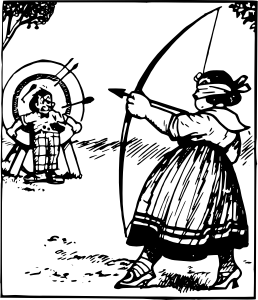must - have to - difference
In English there are to ways expressing an obligation depending if you are doing something on your free will or if this obligation is imposed on you by somebody else.
The verb "must" is used in relation to an obligation of your on free will. "Have to" is used when the obligation is imposed on you by somebody else.
for example:
I must see my woman. ( du bist verliebt)
I have to see my woman. (du bist verheiratet)
can and be able
Can has to be transformed into "be able" when two auxiliaries stand next to each other, as it is impossible to say "you must can".
In this case you will have to say " you have to be able"
This holds especially true the future tense:
for example:
you will can do it, but you will be able to do it.
mustn’t – needn’t – don’t have to
!Beware must not is not related to not following an obligation but refers to an restriction.
Not following an obligation is expressed by using don't have to or needn't
Therefore: You don’t have to (needn’t) wash the car,
should – shall
shall:
Shall is used as option to will in the future tense. This usage, however, is dated.
Apart from that shall means , especially in manuals instructions that are to be followed unconditionally.
Therefore, the ten commandments in English are stated like this e.g.:
Thou shall not steal
should:
Is used as the past tense, especially in reported speech.
He thought we should be able to do it.
In comparison to should the auxiliary shall is more in relation to a mandatory requirement. Should is used more in terms of a more loose agreement.
used to
Used to is used if an action was performed regularly to a certain point in time in the past.
for example: I used to smoke = ich habe früher einmal geraucht.
!Beware: If used to is used in its gerund form, it relates to an existing habit.
I am used to drinking a glass of milk in the morning. = I normally morgens drink a glass of milk.
could / might / may
could
different usage of the verb could
a.) simple past of can. – I couldn’t come yesterday
b.) introduction of polite questions – Could you please open the window.
c.) as conditional – I wish I could do it.
may – might
The modal auxiliaries may and might refer to a possiblitiy. In this context "it might be" is a tad bit more likely than "it may be" .
The modal auxiliary may is used just as could in a polite question:
May you please close the door. (may ist in diesem Kontext einen Tick höflicher als could)
| can | be able | could | may / might |
|---|---|---|---|
| ability | ability | past for can | possibility |
| statements | transformation of can in the future tense, present perfect, past perfect etc. | simple past von can, conditional polite questions | may in polite questions |
| shall | should | mustn't | needn't / don't doesn't have to |
|---|---|---|---|
| option | option | restriction | no necessity |
| strict instructions future - tense suggestions | past of shall reported speech lenient instructions | restriction | suggestions |

